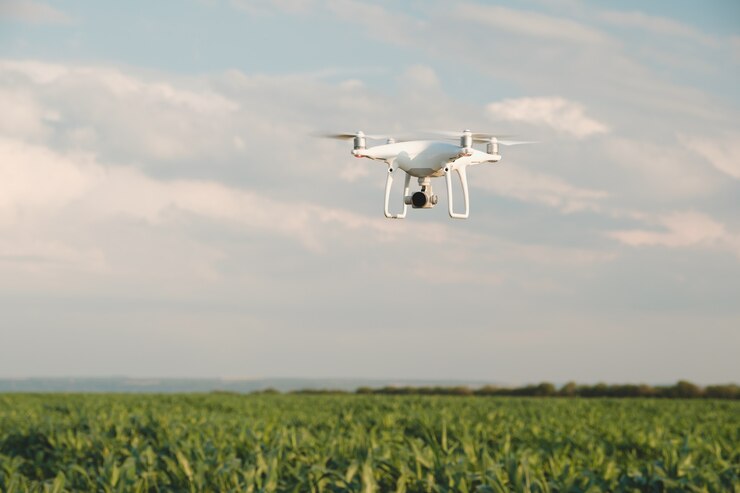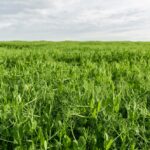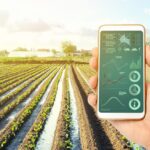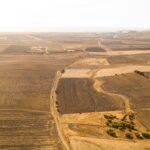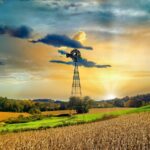Agriculture in South Africa is rapidly evolving with the adoption of modern technology, and drones are at the forefront of this transformation. These unmanned aerial vehicles (UAVs) are helping farmers optimize their operations, reduce costs, and improve productivity. As the industry faces challenges such as climate change, water shortages, and labor constraints, drones are proving to be a game-changer for efficiency and sustainability.
The Role of Drones in Agriculture
Drones equipped with high-resolution cameras, multispectral sensors, and GPS technology are providing South African farmers with valuable insights into their fields. These aerial devices collect real-time data that helps farmers make informed decisions about irrigation, pest control, and crop health management.
How SA Farmers Are Using Drones
- Crop Monitoring and Health Analysis
Drones capture detailed images of crops, allowing farmers to detect issues such as nutrient deficiencies, diseases, and pest infestations. Multispectral imaging helps identify stressed plants before visible symptoms appear, enabling early intervention and reducing yield losses. - Precision Spraying
Traditional pesticide and fertilizer applications can be inefficient and wasteful. Drones equipped with spraying systems can apply chemicals with precision, reducing input costs and minimizing environmental impact. This targeted approach also improves crop quality and productivity. - Soil and Field Analysis
Drones provide valuable data on soil conditions, helping farmers understand moisture levels, erosion risks, and nutrient distribution. This information is used to optimize planting strategies and improve soil health over time. - Irrigation Management
Water scarcity is a major concern in South Africa, making efficient irrigation crucial. Drones equipped with thermal sensors can detect dry areas in fields, allowing farmers to adjust irrigation systems and conserve water. - Livestock Monitoring
Drones are not only beneficial for crop farming but also for livestock management. Farmers use them to monitor large herds, track animal movement, and identify sick or injured livestock. This reduces labor costs and improves overall farm efficiency.
The Benefits of Agricultural Drones
- Cost Savings: Reduced use of water, fertilizers, and pesticides leads to lower expenses.
- Improved Efficiency: Faster data collection and automated processes save time.
- Higher Yields: Early detection of issues leads to better crop management and increased productivity.
- Environmental Sustainability: Precision farming reduces chemical runoff and conserves natural resources.
Challenges and Future Outlook
Despite the benefits, drone adoption in South African agriculture faces challenges such as high costs, regulatory restrictions, and the need for specialized training. However, as technology advances and costs decrease, more farmers are expected to integrate drones into their operations.
With continued support from agritech startups, government initiatives, and research institutions, drones are set to play a vital role in the future of South African agriculture. By embracing this technology, farmers can boost efficiency, increase yields, and contribute to a more sustainable agricultural sector.
Join 'Farmers Mag' WhatsApp Channel
Get the latest Farming news and tips delivered straight to your WhatsApp
CLICK HERE TO JOIN
